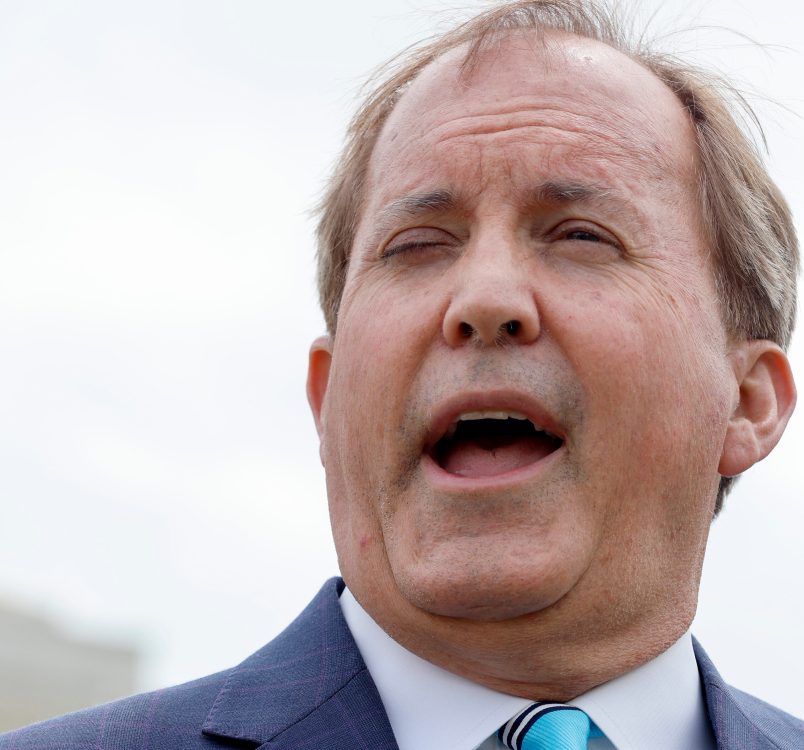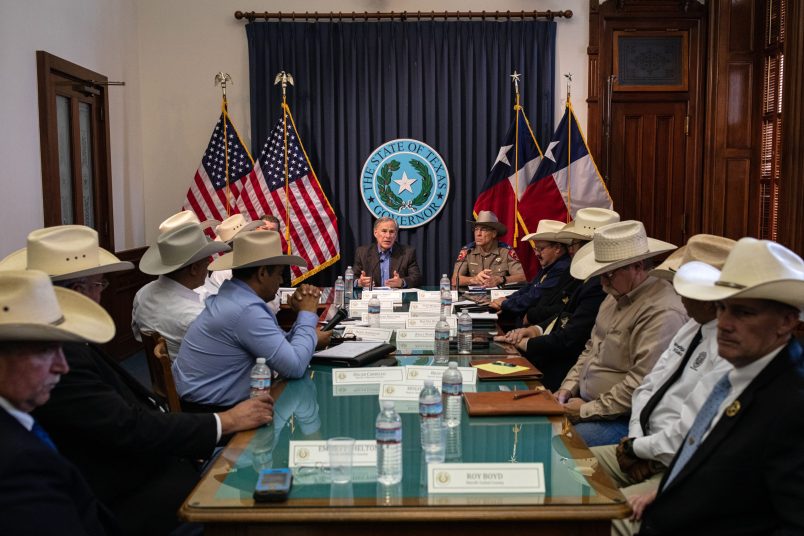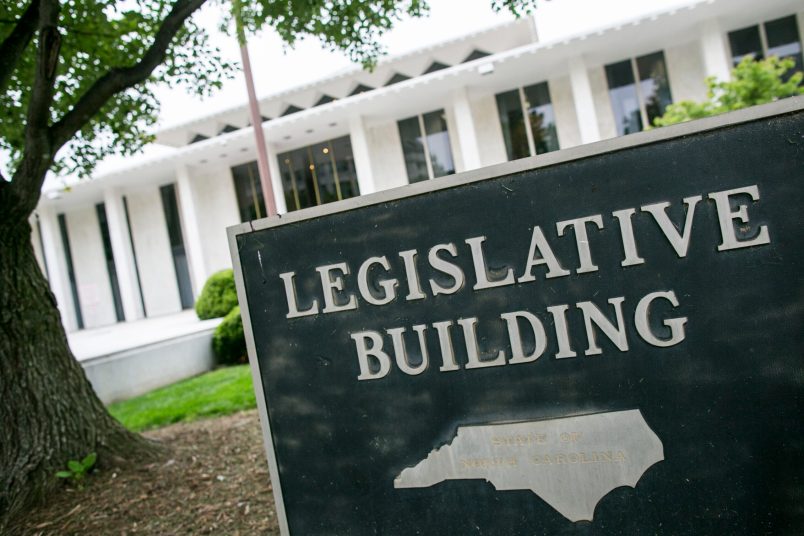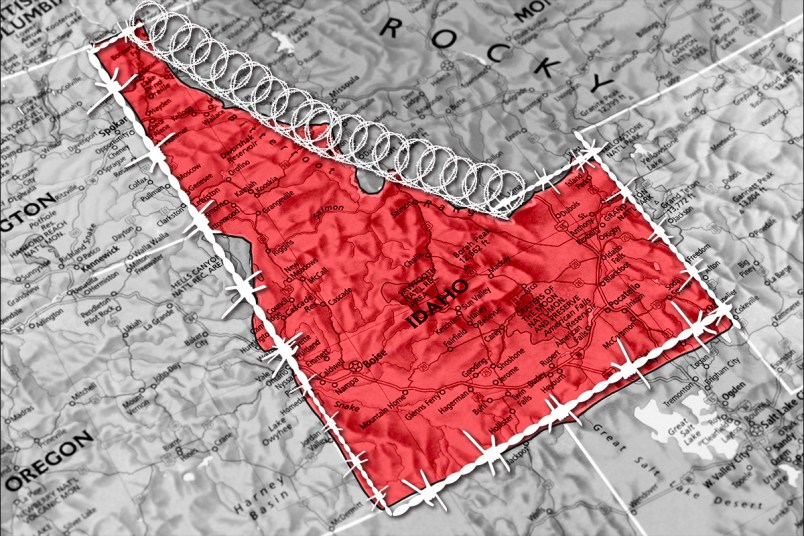Voting rights advocates have had a good couple of weeks at the courts this summer, having received favorable rulings in cases coming out of Wisconsin, Texas, North Carolina, Kansas, Michigan and North Dakota. The setbacks states have faced in enacting restrictive voting requirements like voter ID and laws that cut back early voting, limited pre-registration or made absentee voting more difficult could affect minority turnout in key battleground states like North Carolina and Wisconsin. The recent opinions are also shaping the broader legal battle over whether these laws are veiled efforts to discriminate against groups of voters who lean Democrat.
Here are five points on the recent rulings:
Courts are growing skeptical of restrictive voting laws, such as voter ID.
The legal landscape is still shifting, and some of the recent decisions could be reversed by higher courts. But the spree of opinions critical of voting restrictions signal a wariness coming from federal judges concerned that the burdens the laws place on minority and low-income voters outweigh the benefits these laws supposedly promote.
In the last two weeks alone, a federal appeals court panel said of North Carolina that “neither this legislature — nor, as far as we can tell, any other legislature in the Country — has ever done so much, so fast, to, with its omnibus restricted voting law, restrict access to the franchise.” A majority of judges on the full 5th U.S. Circuit Court of Appeals — arguably the most conservative appeals court in the nation — found that Texas’ voter ID law had a discriminatory effect on minority voters. And a federal judge called Wisconsin’s implementation of its 2011 voter ID law “a wretched failure.” Meanwhile, Kansas Secretary of State Kris Kobach has suffered a series of legal blows against his attempt to require proof of citizenship to register to vote — the latest being a state court’s ruling prohibiting the state from implementing a two-tiered state vs. federal voter registration system. Last month, Michigan also had its ban on straight-ticket voting struck down and Monday, a federal judge blocked a North Dakota voter ID law that required voters show an ID bearing their current address.
“You’re seeing a trend towards the courts of becoming more skeptical of these claims and softening the harshness of some of these laws,” Richard Hasen, a professor at UC-Irvine School of Law who also runs the Election Law Blog, told TPM.
The lawsuits are in response to a wave of GOP-led restrictive voter laws that were further facilitated by the Supreme Court in 2013.
The latest round of lawsuits are in response to a wave of restrictive voting legislation passed by Republicans, many of the laws enacted after President Obama’s 2008 election turned out record numbers of minority voters. The Supreme Court opened the floodgates even wider in 2013, with its decision in Shelby County v. Holder. The 5-4 ruling invalidated a formula in the 1965 Voting Rights Act that required certain states seek federal approval for changes to their election protocols. GOP legislatures in Texas and North Carolina were only able to enact their restrictive voting laws after the Supreme Court gutted the process by which those laws had been before vetted by either the Department of Justice or a federal court.
The recent rulings mean restrictive laws will likely be softened or thrown out altogether for November’s election.
In North Carolina, the appeals court struck down a number of provisions in the state’s 2013 omnibus voting law. They include the law’s voter ID requirement, as well as the limits the law placed on pre-registration, provisional voting and early voting.
Elsewhere, the challengers and the states will have to hash out carve-outs to the laws with the guidance of lower courts. In Texas, the full appeals court said the voter ID law’s discriminatory effect will have to be ameliorated with a remedy struck at the district court level. In Wisconsin, one federal judge ordered that voters lacking the required photo ID be allowed to vote by affidavit. In a separate Wisconsin case, another federal judge said the state would need to make it easier for residents to obtain a free ID card they can use to vote, while striking down other provisions restricting voters’ access to the polls. Kansas’ proof-of-citizenship requirement continues to be in flux, as there are a number of different lawsuits surrounding the law and how it was implemented.
In all those places but Texas, state officials signaled the intend to appeal the rulings against them. But, the closer courts get to the November’s election, the more unlikely it is judges will want to change voting protocols, according to Dale Ho, the director of the ACLU’s Voting Rights Project.
“There’s going to be appeals, so we can’t count our chickens yet,” Ho told TPM. “But I would think that courts are going to be loathe to try to undo any of these decisions before November.”
Scalia’s death has made it tougher for states to defend their voting restrictions.
The unexpected death of conservative Justice Antonin Scalia in February deprived red states of a key Supreme Court vote to side with them in challenges to their voting restrictions. If and when states appeal these cases to the Supreme Court in the immediate future — and especially before November’s election — it is expected that the court will be split four-four on ideological lines on voting issues.
The upshot is that, for now, how these cases unfold with depend on the circuit where they are brought. It could be some time before Supreme Court, with a ninth justice, hears a full case on the merits that determines at what point these restrictions amount to a violation of the Voting Right Acts or the Constitution. If a case appealed to an eight-justice Supreme Court results in a tie vote, the ruling of the appeals court is what stands, though it has no national precedence.
Voting rights advocates have changed their legal strategy since the last time SCOTUS looked at voter ID.
The Supreme Court approved of Indiana’s voter ID law in 2008’s Crawford v. Marion County Election Board, but the legal landscape has shifted quite a bit since then.
For one, the restrictions have gotten tougher. But the recent victories also reflect a change in strategy for the voting rights advocates challenging the laws. The argument they brought against Crawford was broad, abstract, and rested entirely on constitutional claims. More recent cases have narrowed their attacks, while also invoking the Voting Rights Act.
They have also adjusted the type of evidence they bring into the courtroom. After the Supreme Court in Crawford cast doubt that individuals would be unable to get the ID, voting rights groups have been naming in their cases specific voters who, anecdotally, struggled to meet the state’s requirements. They are also compiling more data that shows just who is most burdened by the requirements.
“Plaintiffs have … taken up the challenge of the Supreme Court and said, ‘OK, we’re going to come into court with specific people who don’t have ID and can’t vote because of these laws, and now the state is going to have to justify disenfranchising them,’” Ho said. “I think that really changes the game.”






